Asteroid Mining?
Via the BBC: Plans for asteroid mining emerge
The founders include film director and explorer James Cameron as well as Google’s chief executive Larry Page and its executive chairman Eric Schmidt.
They even aim to create a fuel depot in space by 2020.
However, several scientists have responded with scepticism, calling the plan daring, difficult and highly expensive.
They struggle to see how it could be cost-effective, even with platinum and gold worth nearly £35 per gram ($1,600 an ounce). An upcoming Nasa mission to return just 60g (two ounces) of material from an asteroid to Earth will cost about $1bn.
Intriguing, to be sure. Still, it does sound a bit far-fetched.

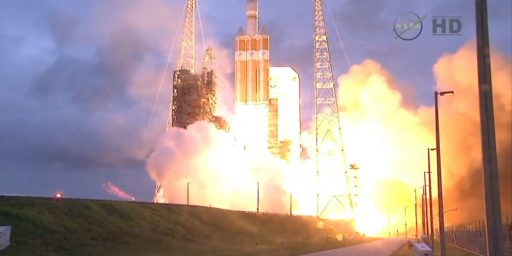
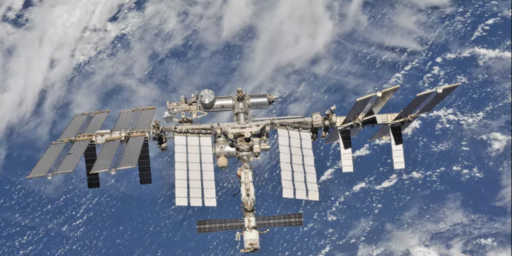
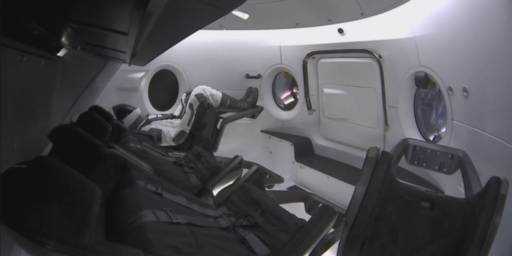
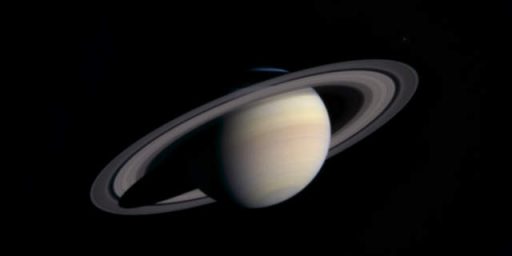
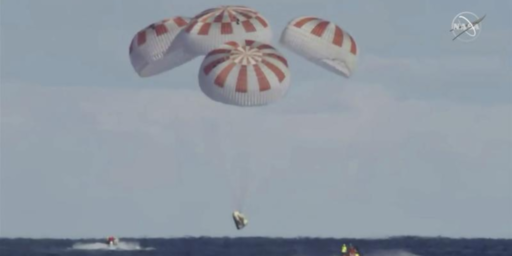
There is some serious potential out there. The biggest hurdle right now is developing the infrastructure to make it worth it. Income on pattens for space based mining alone could be worth a fortune.
I’ll say this for Cameron, he has got some really, really, really big cojones: James Cameron Completes Record-Breaking Mariana Trench Dive.
Excellent idea. Asteroids avoid the gravity well problem, and many also contain water. Glad to see people of vision actually living the future rather than don the irresistible Rapture Goggles (e.g. “one-party nation”).
It’s a Win-Win Scenario regardless of how this turns out. If they succeed, then we have an asteroid mining business, with all the coolness, hardware, and additional supplies to volatiles and rare metals that such a business entails. If they fail, then we know more about the practical difficulties involved in trying to make asteroid mining work.
I’m skeptical that it will work out as anything other than a hobbyhorse for some billionaire space enthusiasts, though. the problems are straightforward:
1. High capital costs and a very long timeline of development with no certain profitability means that the opportunity cost for pouring money into this project is really steep for investors.
2. Orbital, Cryogenic Propellant Depots are still quite literally experimental, in that NASA has an experiment planned to test the technology.
3. Rare Earth metals are rare and valuable, but they’re not that rare and valuable, and you can open more mines to extract them. There just wasn’t the demand for it until recently.
I’ve been told repeatedly that markets always do everything more efficiently. So this should be the proof in the pudding, right?
The guy who writes Bad Astronomy (astronomer, former Hubble engineer) thinks it’s plausible even if it won’t be profitable for quite some time:
It looks like they’re planning to do stuff to make it profitable at every step of the way. That’s promising, if it works out.